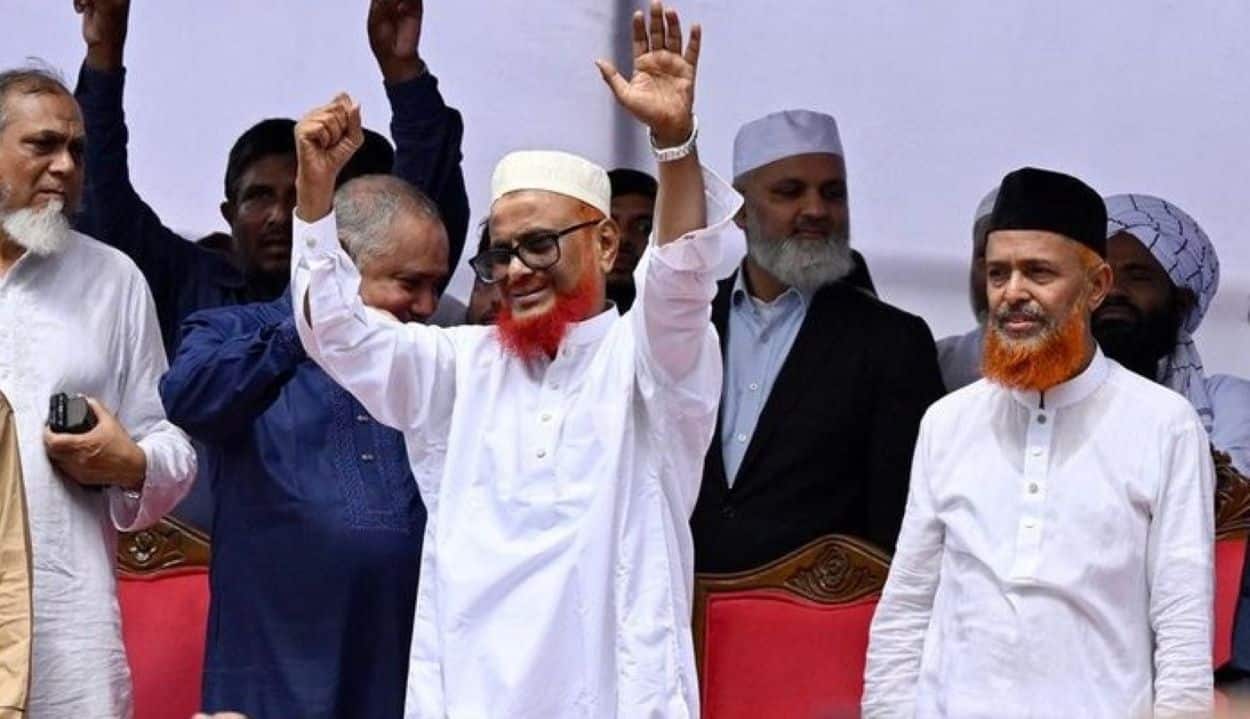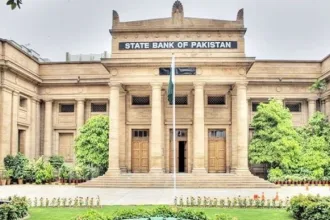On June 1, 2025, Bangladesh’s Supreme Court restored the registration of Jamaat-e-Islami, the country’s largest Islamist party, overturning a 2013 ban and allowing it to participate in elections for the first time in over a decade.
The decision to register Jamaat-e-Islami follows the court’s reversal on May 27 of a death sentence against key leader A.T.M. Azharul Islam, marking a significant shift in Bangladesh’s political landscape.
The Supreme Court’s Appellate Division, led by Chief Justice Syed Refaat Ahmed, directed the Election Commission to reinstate Jamaat-e-Islami’s status as a political party “by law,” per commission lawyer Towhidul Islam. Party lawyer Shishir Monir hailed the ruling as a step toward a “democratic, inclusive, and multi-party system,” expressing hope for broad voter support, per Khaleej Times. The decision reverses a 2013 High Court verdict that deemed the party unfit for elections due to its religious charter.
Bangladesh's Supreme Court reinstates Jamaat-e-Islami, the country's largest religious party, more than a decade after its removal under the previous government, allowing its official participation in electionshttps://t.co/TOKtzKcGWZ
— TRT World (@trtworld) June 1, 2025Jamaat-e-Islami’s support for Pakistan during the 1971 independence war, opposing Awami League founder Sheikh Mujibur Rahman, remains contentious. Former Prime Minister Sheikh Hasina banned the party and prosecuted leaders like Islam for war crimes, including rape and genocide, under her 2009-2024 tenure. The A.T.M. Azharul Islam acquittal and the party’s restoration have reignited debates, criticising the move as “a setback for secularism,” while others see it as democratic progress.
The ruling follows Hasina’s ouster in August 2024 and the interim government’s May 2025 ban on the Awami League, pending a trial for protest crackdowns. Jamaat-e-Islami’s appeal, revived post-Hasina, reflects a changing political climate under Muhammad Yunus’s interim leadership, which lifted a prior anti-terrorism ban on the party in August 2024, per Al Jazeera. The Islamist party Bangladesh now eyes electoral participation, though its symbol awaits Election Commission approval.
The Jamaat-e-Islami registration restoration could reshape Bangladesh’s elections, fostering a multi-party system but raising concerns about radical influences. As election participation in 2025 approaches, the ruling party will test Bangladesh’s balance between democracy and secularism, drawing global attention to its political evolution.






